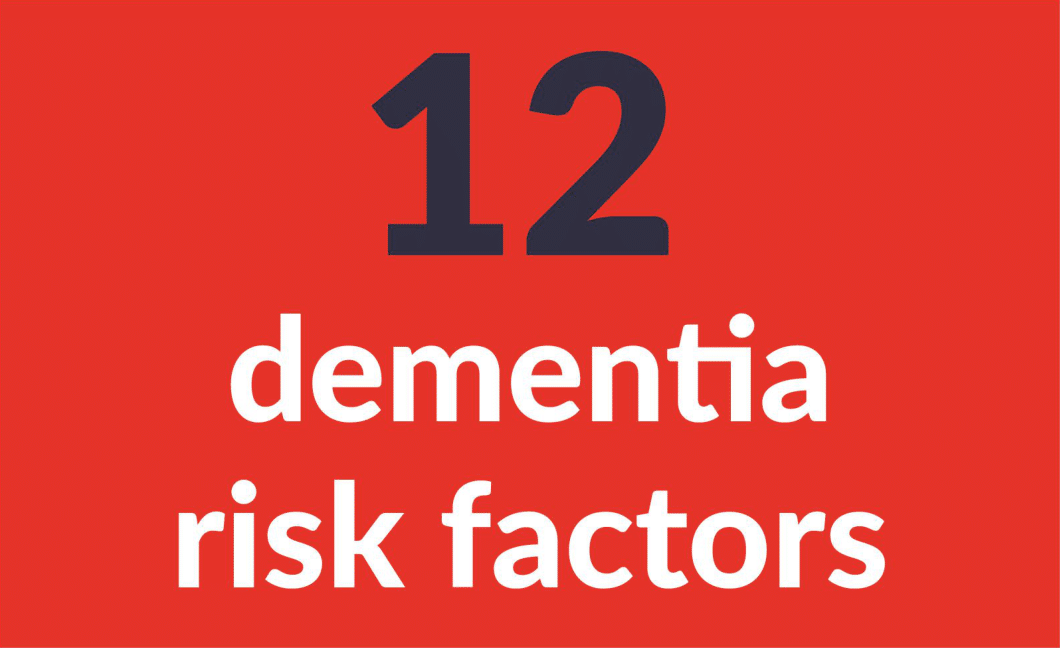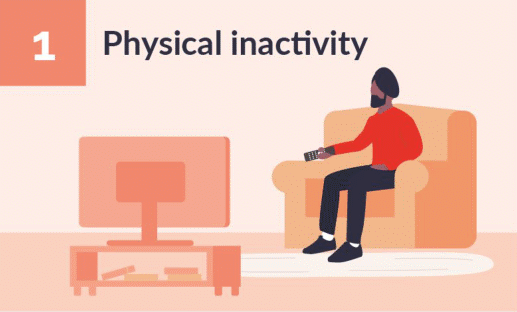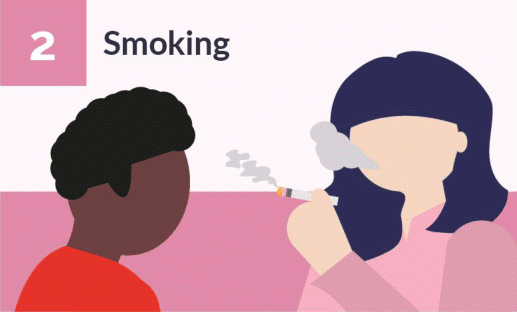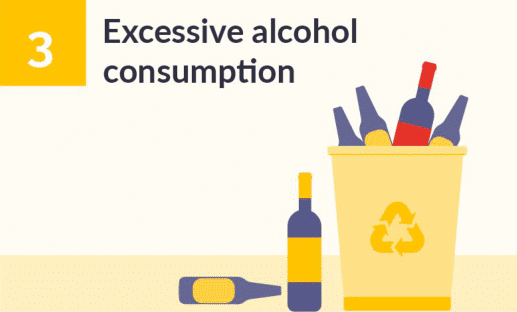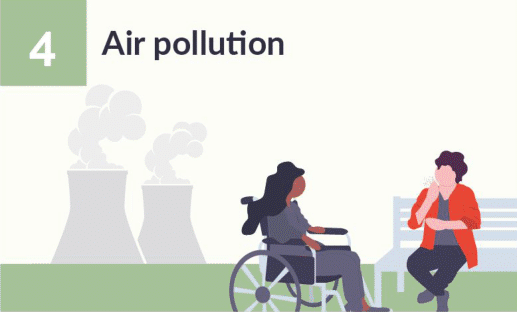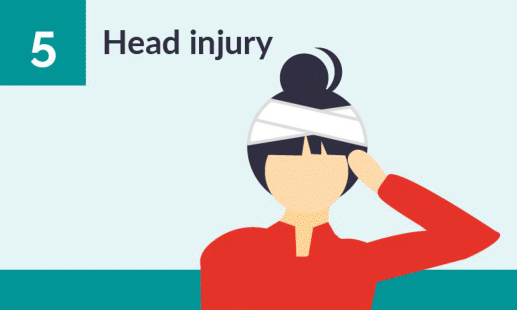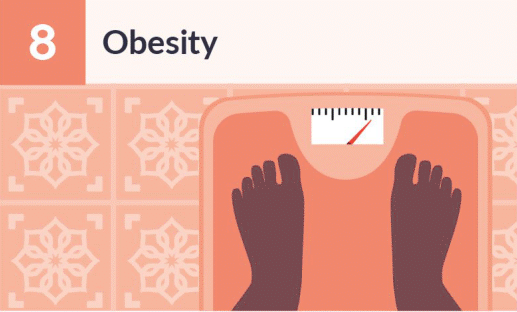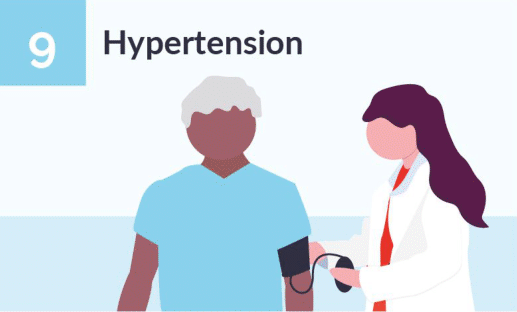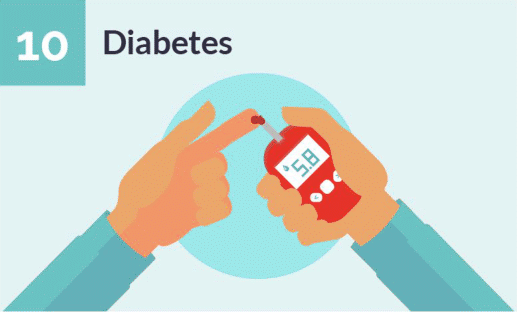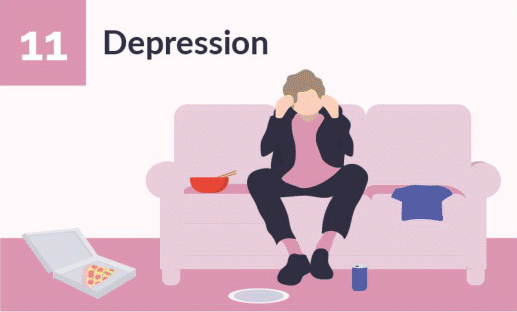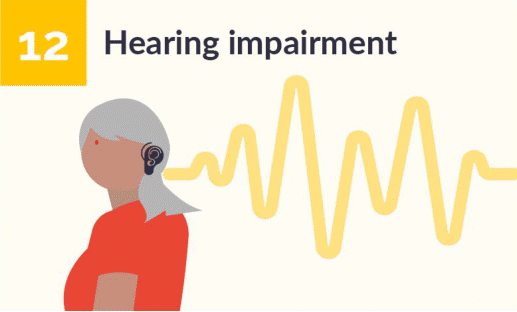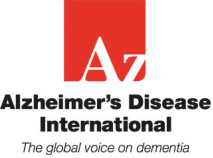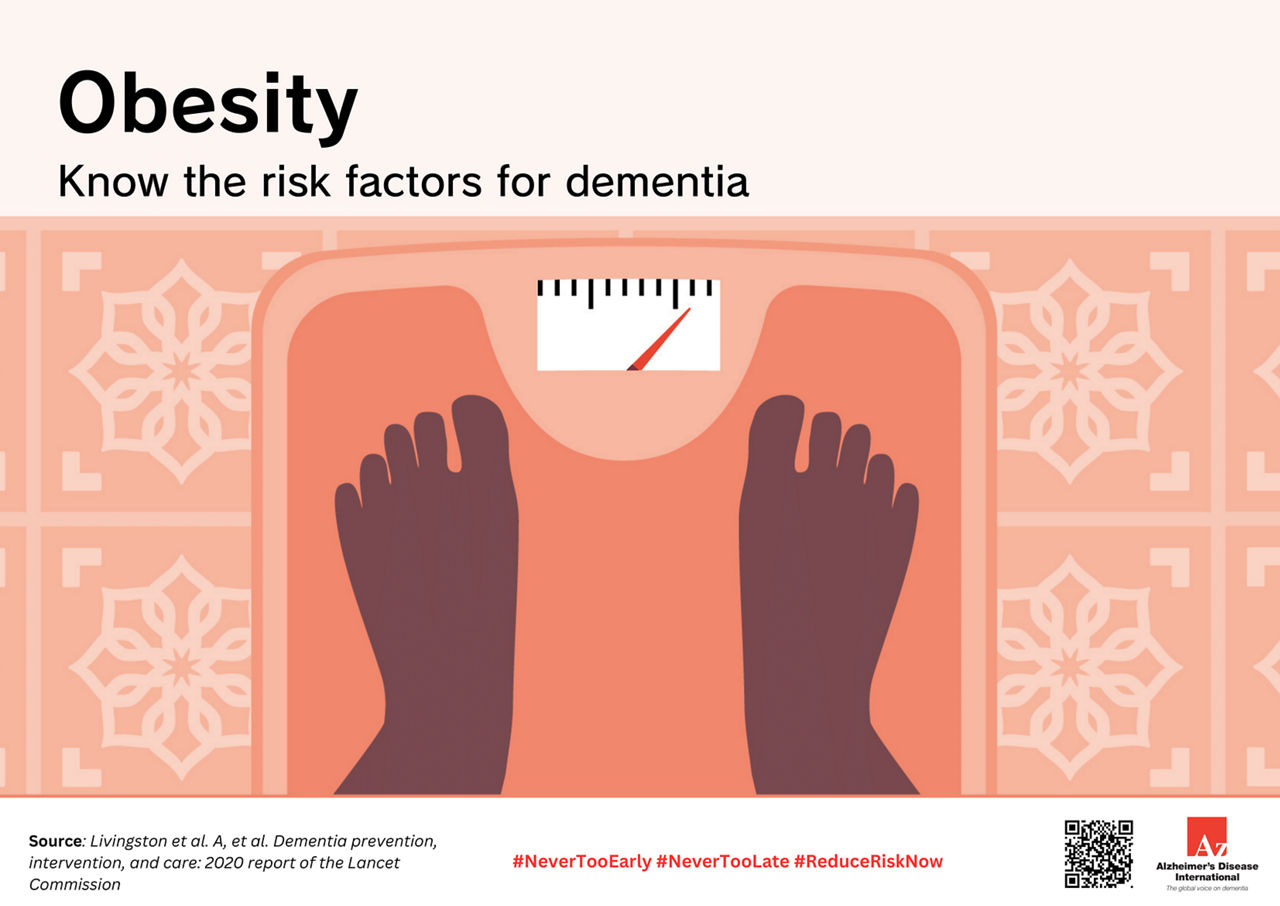As mentioned in the report: what is good for the heart is good for the brain. And the best way to look after both is to pursue what has for decades been recognized as a “healthy lifestyle”, including eating a diet rich in fiber, vegetables, nuts, whole grains, beans, fish, and fruit, and avoiding too much meat and fat. Hence, it makes sense that obesity is one of the 12 modifiable risk factors for dementia acknowledged in the report since diet has a great impact on the development of this condition. Like any other organ, the brain needs specific nutrients to function properly. Therefore, if the diet is poor, this will have consequences for the brain and increase the risk of developing dementia.
Visit Alzheimer’s Disease International website to learn more about all the modifiable risk factors and discover practical strategies to potentially reduce your dementia risk.

